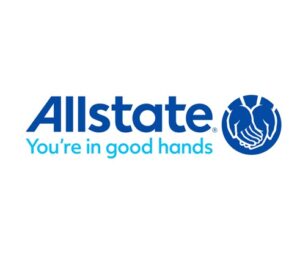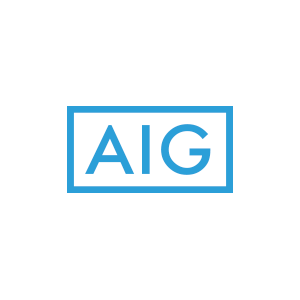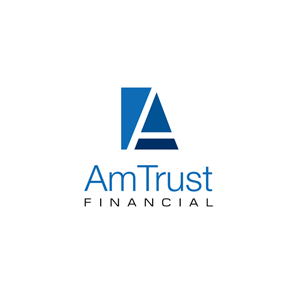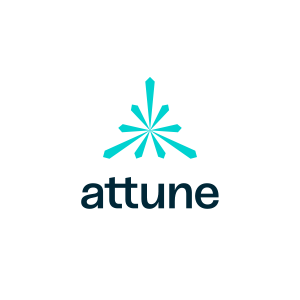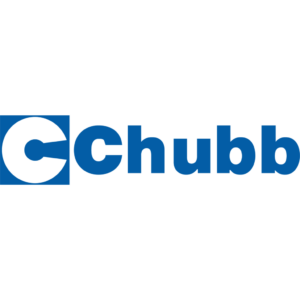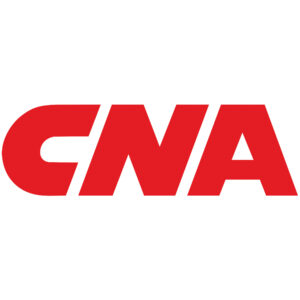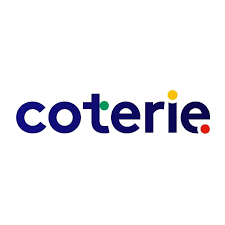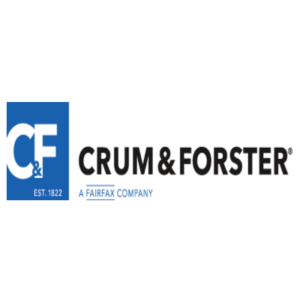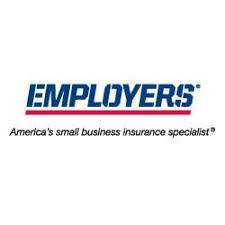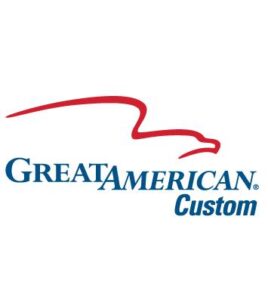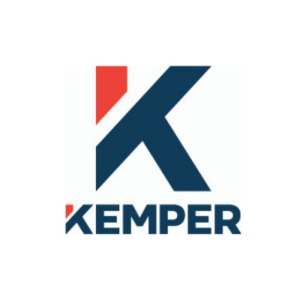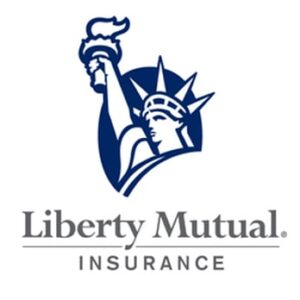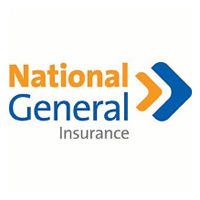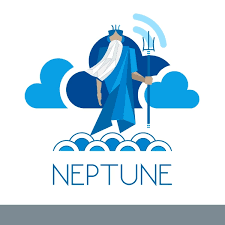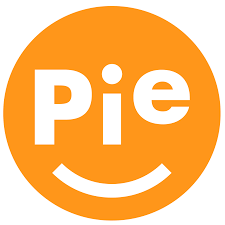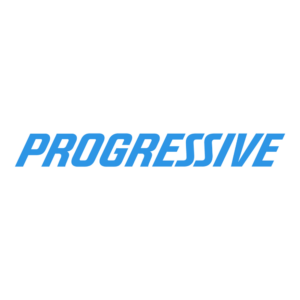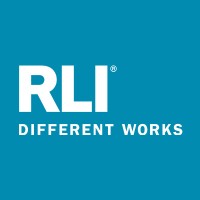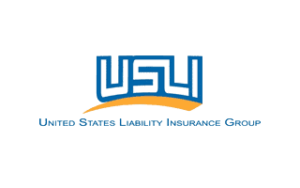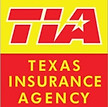Daycare Insurance
Ensure the smooth operation of your daycare business with comprehensive insurance
Elevate your business’s protection with daycare insurance
Daycare insurance is a specialized type of insurance designed to provide coverage and protection for daycare centers and childcare providers. It encompasses a range of policies and coverages tailored to the unique risks and liabilities associated with operating a daycare facility. This insurance typically includes coverage for accidents, injuries, or property damage that may occur on the daycare premises, as well as protection against legal claims and lawsuits arising from incidents involving children under the care of the daycare. Daycare insurance is crucial for daycare operators as it not only helps mitigate financial risks but also ensures the safety and well-being of the children in their care, while also addressing the specific needs and regulatory requirements of the childcare industry.
Understanding the exclusive risks associated with daycares
Understanding the unique risks associated with daycares is essential for daycare operators and insurance providers to adequately protect children, staff, and the business itself. Here’s how to comprehend these distinctive risks:
Child Safety: Child safety is paramount in daycare settings. Risks include accidents, falls, choking hazards, and child-to-child injuries. Staff must be well-trained in child supervision, CPR, and first aid to mitigate these risks.
Health Concerns: Daycares are breeding grounds for illnesses due to close contact among children. Understanding the risk of contagious diseases and having strict health and hygiene protocols in place, including immunization requirements, is crucial.
Child Abuse Allegations: Childcare providers may face allegations of abuse, whether justified or not. Implementing strict supervision, background checks for staff, and clear reporting procedures is vital to address this risk.
Legal Liability: Daycare operators can be held legally liable for accidents or injuries that occur on their premises. Understanding liability issues and having liability insurance coverage is essential.
Property Damage: Children can unintentionally damage property. Protect against this risk by securing valuable items, implementing rules, and considering property damage coverage.
Emergency Preparedness: Daycares should be well-prepared for emergencies like fires, natural disasters, and medical emergencies. Creating emergency plans and conducting drills can help minimize these risks.
Licensing and Regulations: Daycares are subject to extensive regulations, and non-compliance can result in fines or closure. Understanding and adhering to these regulations is vital for risk management.
Parental Concerns: Satisfied parents are essential for daycare success. Communication, transparency, and addressing parental concerns promptly can help mitigate the risk of parent dissatisfaction.
Staff Turnover: High staff turnover can disrupt the consistency of care and lead to unfamiliar faces for the children. Retention strategies and a thorough hiring process can mitigate this risk.
Cybersecurity: Daycare facilities may store sensitive information about children and parents. Implementing cybersecurity measures to protect this data from breaches is crucial.
Transportation Safety: If your daycare provides transportation services, the risks associated with transporting children need to be understood and managed effectively.
Child Allergies and Dietary Restrictions: Many children have allergies or dietary restrictions, which can lead to severe health consequences if not managed correctly. Careful menu planning and staff training are essential to address these concerns.
To effectively manage these unique risks, daycare operators should work closely with insurance providers who specialize in daycare insurance. They can provide tailored coverage and risk assessment to ensure that the daycare is adequately protected and compliant with regulations, ultimately creating a safe and nurturing environment for children. Additionally, ongoing staff training and regular risk assessments can help identify and address potential issues before they become major problems.
Commercial Insurance Quote
Looking for daycare insurance coverage? Here are your options:
Daycare insurance coverage options can vary depending on the insurance provider and the specific needs of the daycare facility. However, there are several common types of coverage that daycare operators should consider to protect their business, employees, and the children in their care. Here are some key daycare insurance coverage options:
General Liability Insurance: This coverage provides protection against claims of bodily injury or property damage that may occur on the daycare premises. It can also cover legal defense costs in the event of a lawsuit.
Professional Liability Insurance (E&O): Also known as Errors and Omissions insurance, this coverage is essential for daycare providers. It protects against claims of negligence or professional mistakes, such as failing to provide proper supervision or care to a child.
Child Abuse and Molestation Coverage: This coverage helps protect daycare operators and staff in the event of allegations of child abuse or molestation. It can cover legal defense costs and settlements.
Property Insurance: Property insurance covers damage or loss to the daycare facility and its contents, including toys, equipment, and furniture. It can protect against risks like fire, vandalism, and theft.
Business Interruption Insurance: If the daycare has to temporarily close due to a covered event (e.g., fire or natural disaster), this coverage can help replace lost income and cover ongoing expenses.
Workers’ Compensation Insurance: This coverage is typically required by law and provides benefits to employees who are injured or become ill while performing their job duties. It covers medical expenses, rehabilitation costs, and lost wages.
Commercial Auto Insurance: If the daycare provides transportation services for children, commercial auto insurance is necessary to cover vehicles used for this purpose.
Umbrella Insurance: An umbrella policy provides additional liability coverage that goes beyond the limits of the daycare’s primary liability policies, offering extra protection in case of catastrophic events or large lawsuits.
Directors and Officers (D&O) Insurance: D&O insurance protects the daycare’s directors and officers (management) from personal liability in case they are sued for decisions or actions related to the operation of the daycare.
Employee Dishonesty Coverage: This coverage protects against financial losses resulting from employee theft or fraudulent activities within the daycare.
Food Contamination Insurance: If the daycare serves food, this coverage can protect against liability for foodborne illnesses or contamination.
Cyber Liability Insurance: In an age of digital data, cyber liability insurance can protect against data breaches, which may involve sensitive information about children and parents.
Inland Marine Insurance: This coverage can protect valuable property that moves around, such as equipment used for field trips or outdoor activities.
It’s important for daycare operators to work closely with an experienced insurance agent or broker who specializes in daycare insurance to assess their unique risks and create a tailored insurance package that provides adequate coverage. The specific needs of each daycare can vary, so a customized approach is essential to ensure comprehensive protection.

As a daycare owner, protecting your business with an insurance policy is crucial.
Reach out to us for a personalized consultation and explore the coverage options that suit your specific needs.
Companies We Work With
